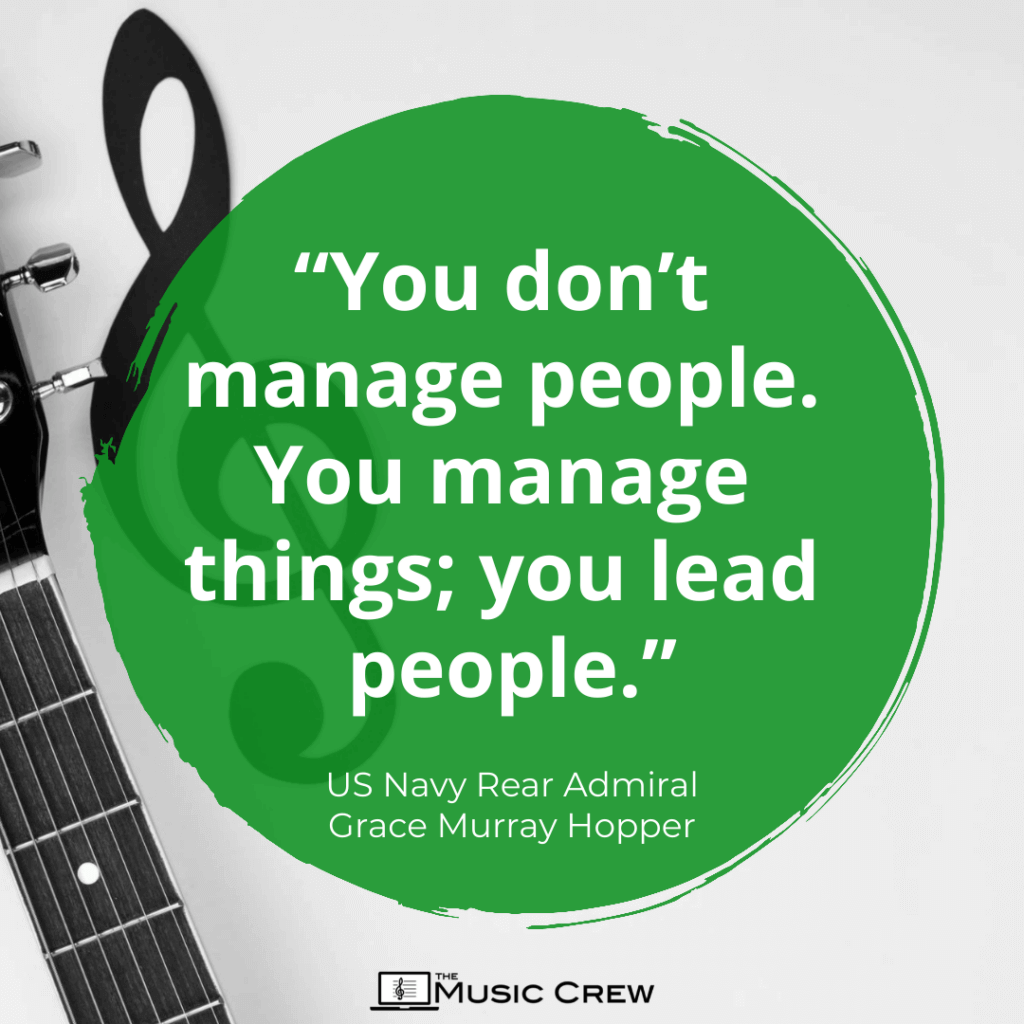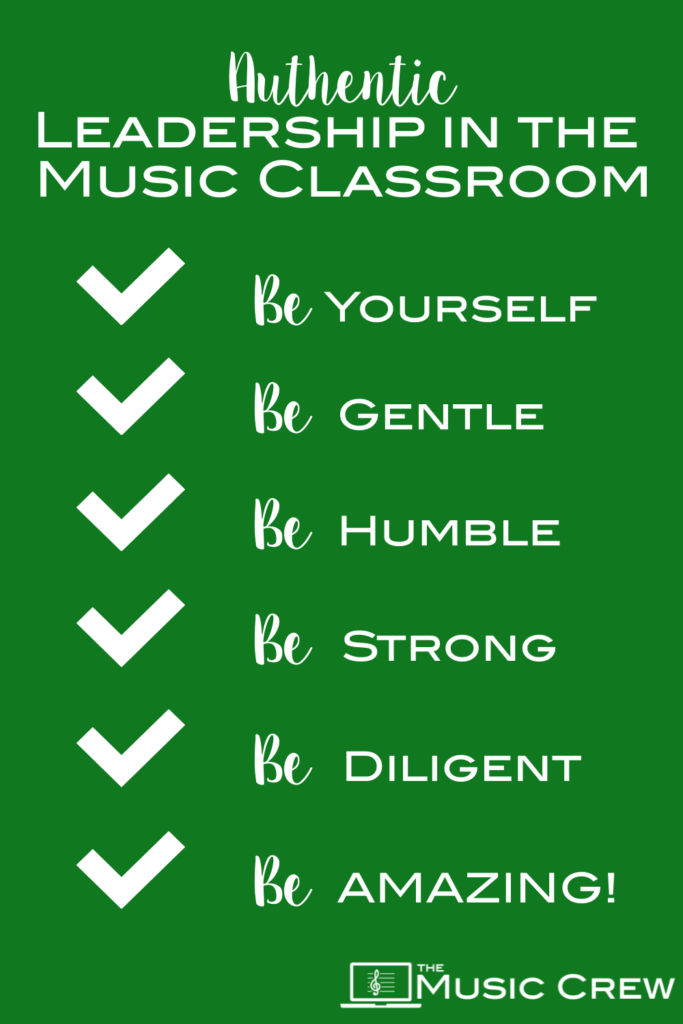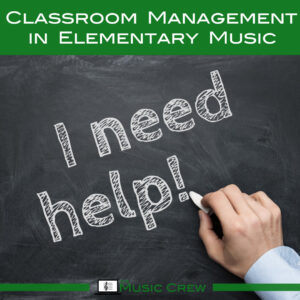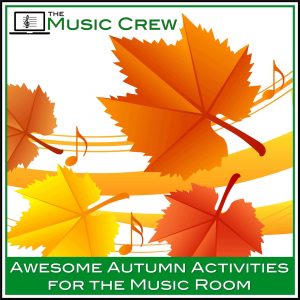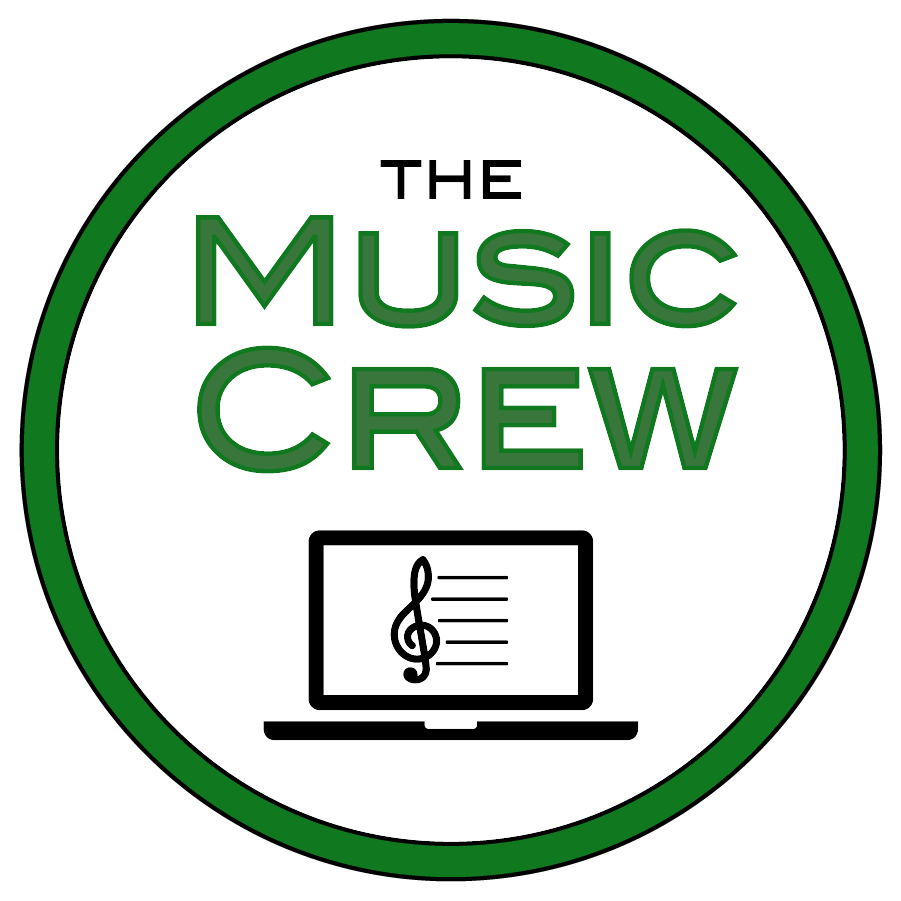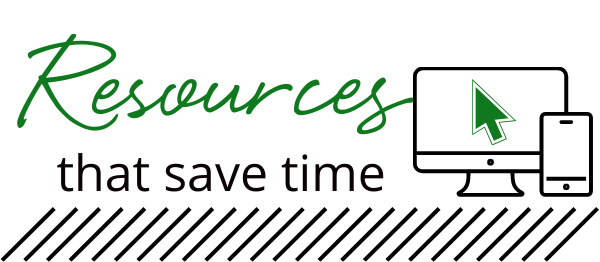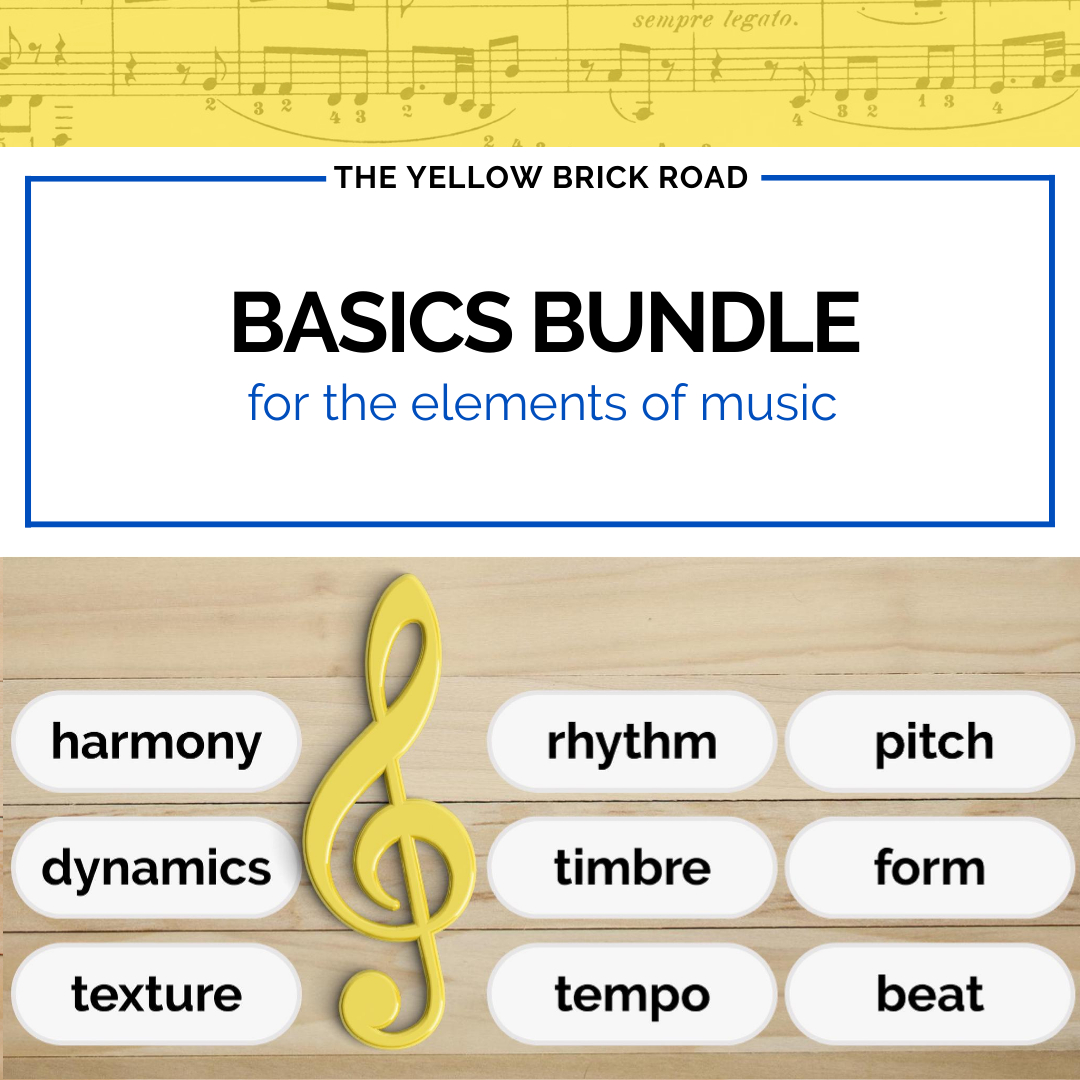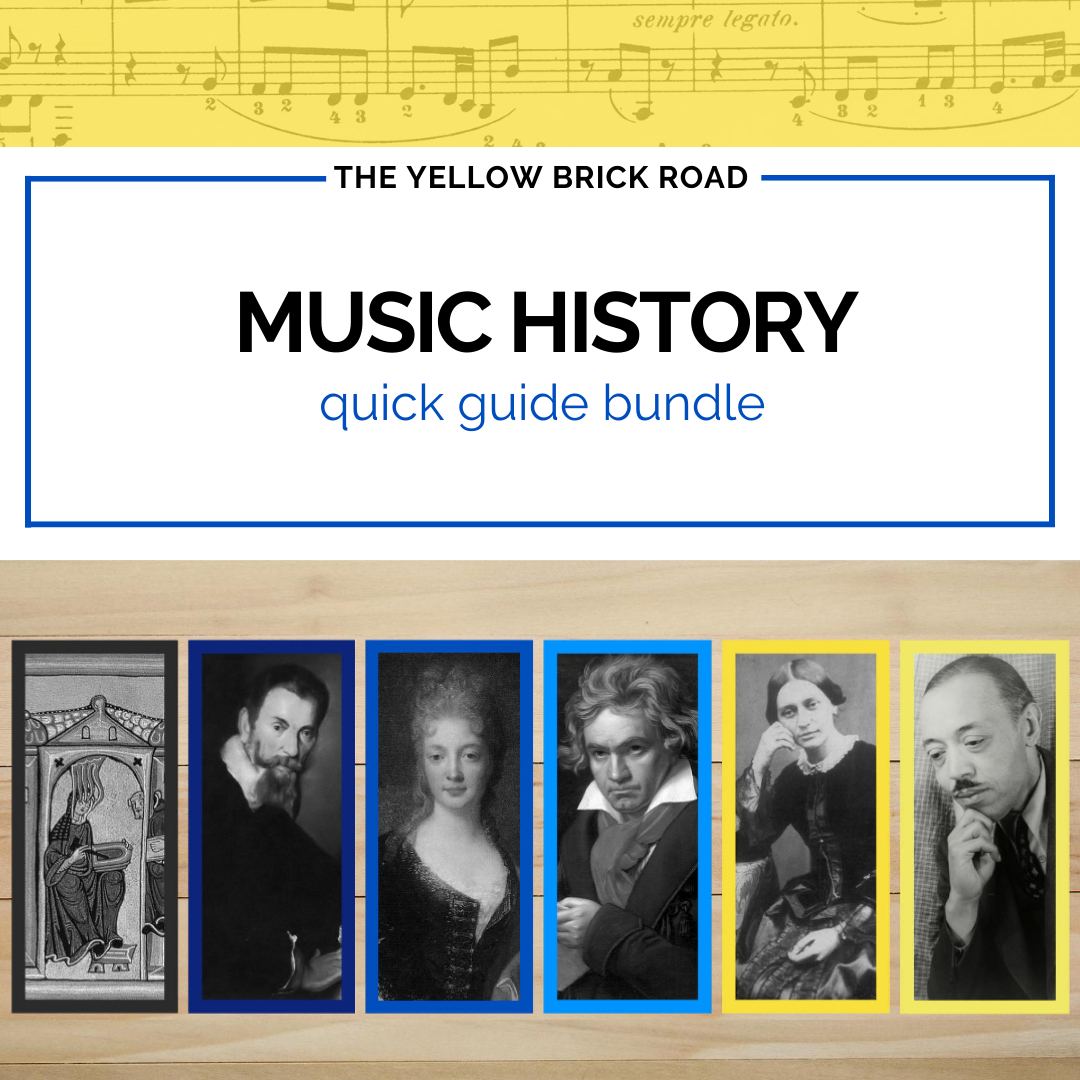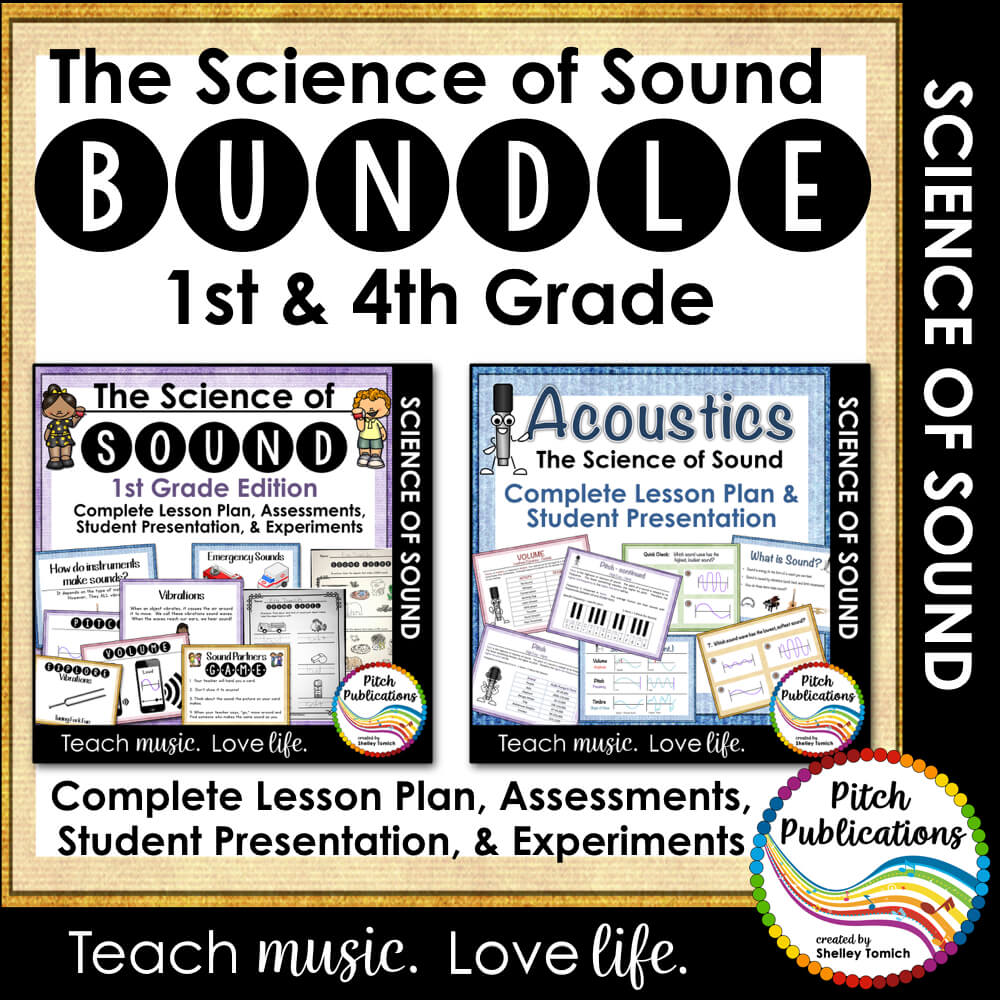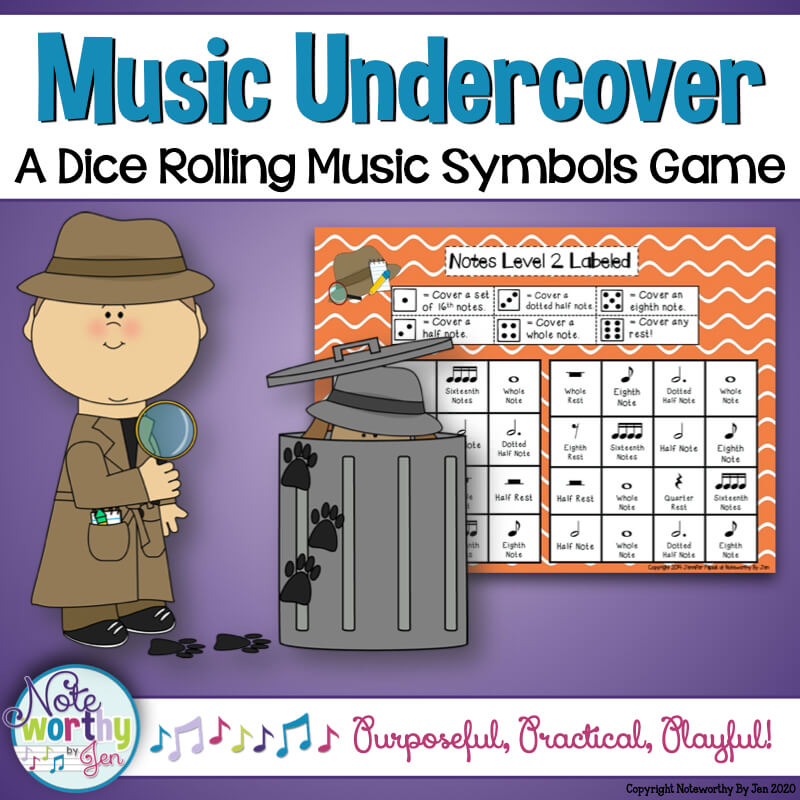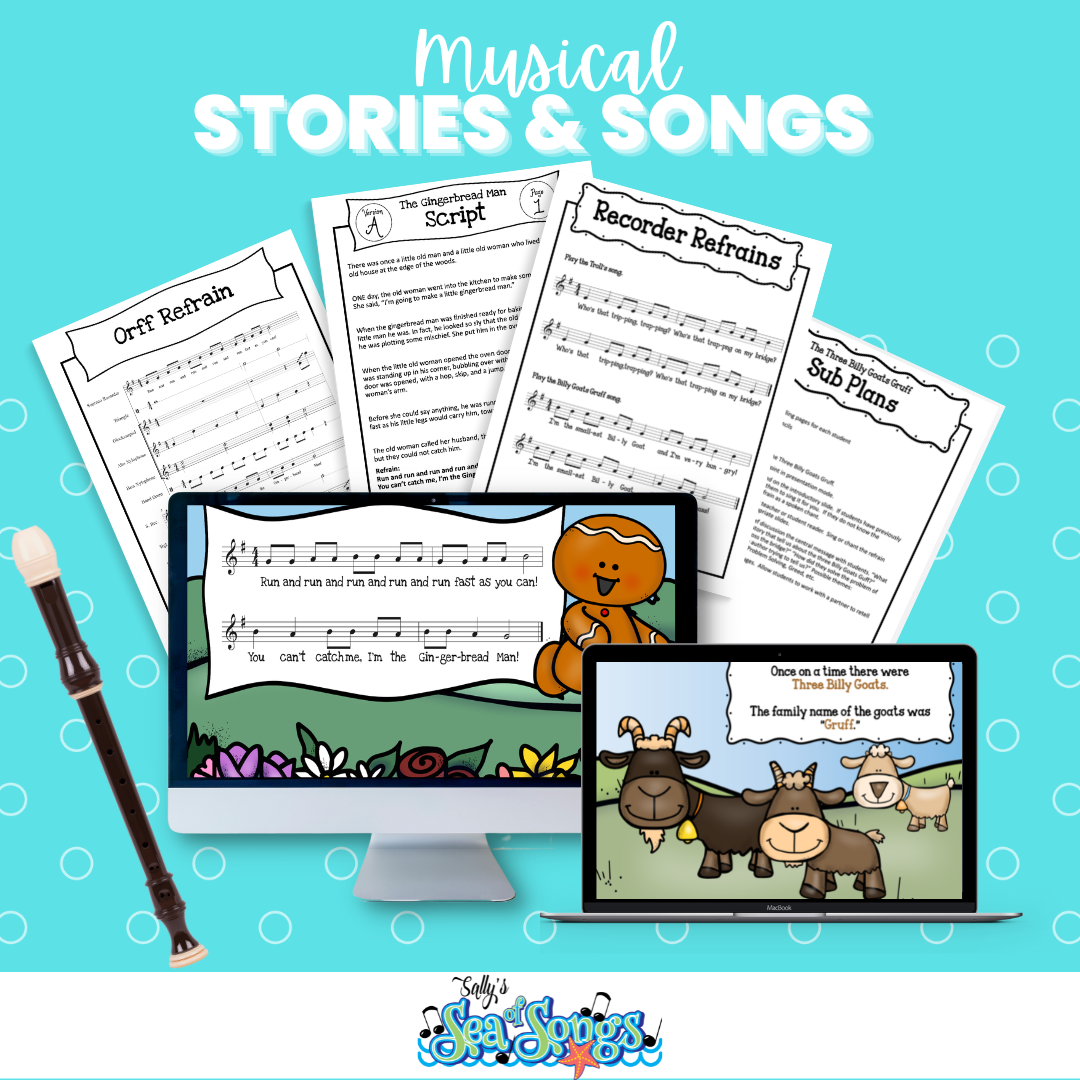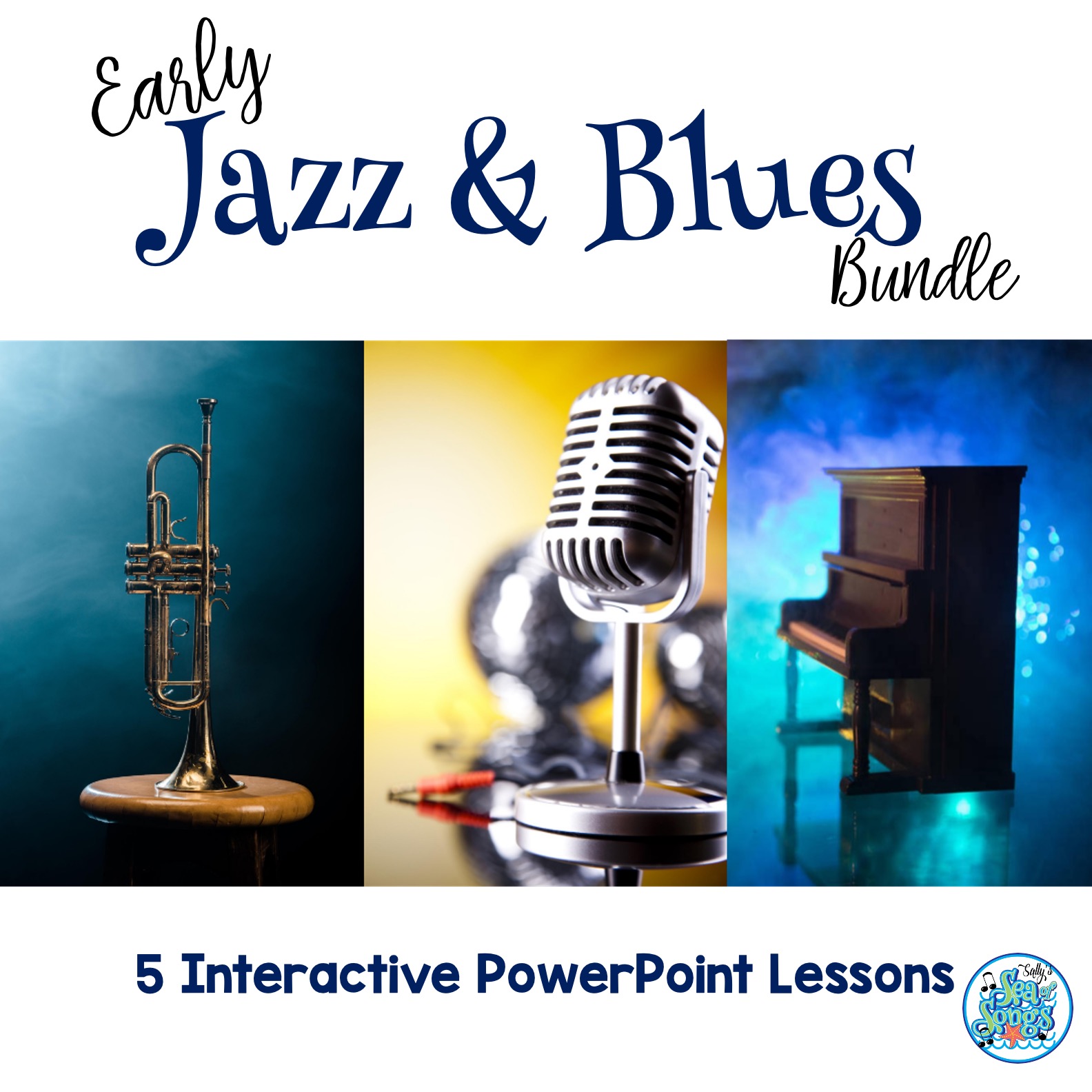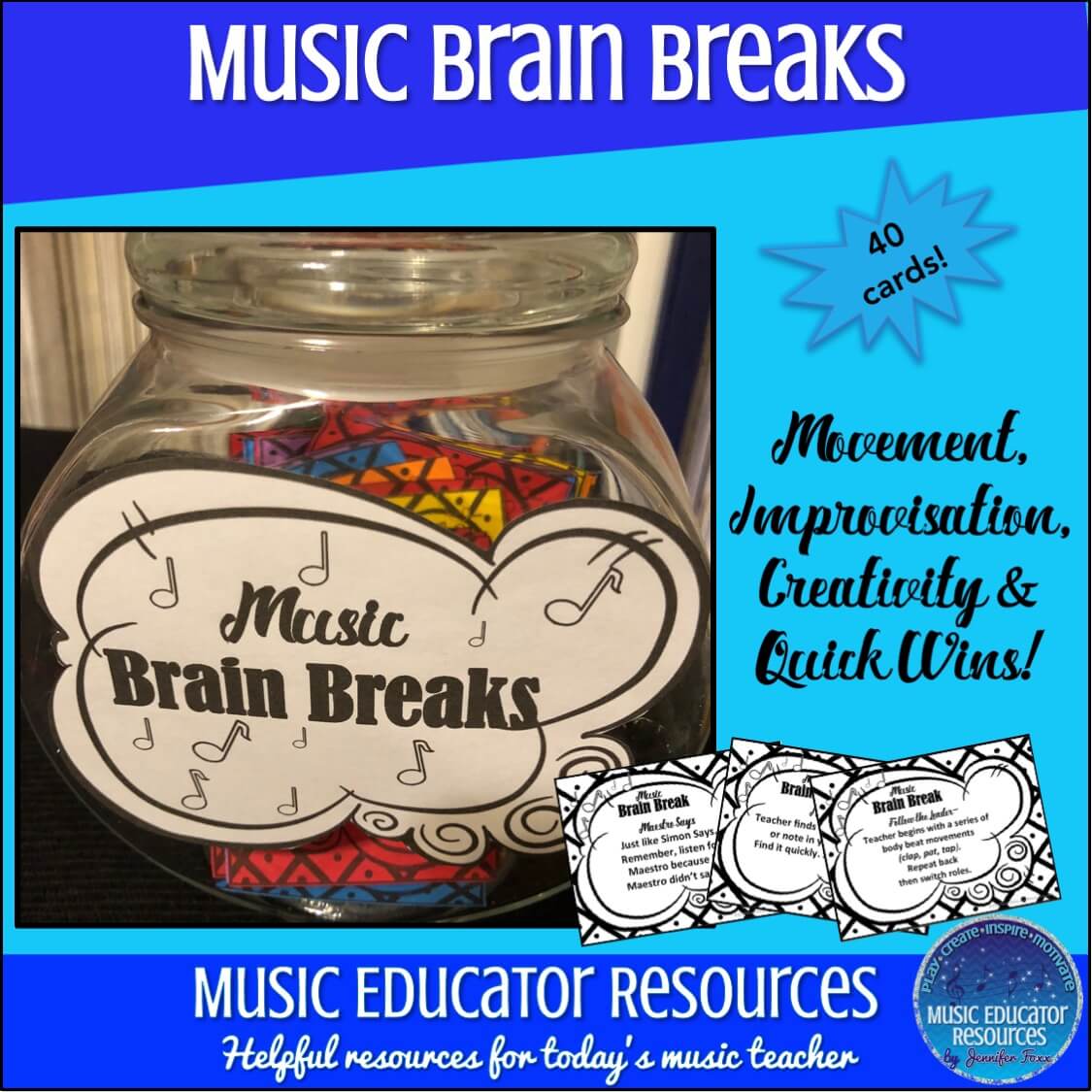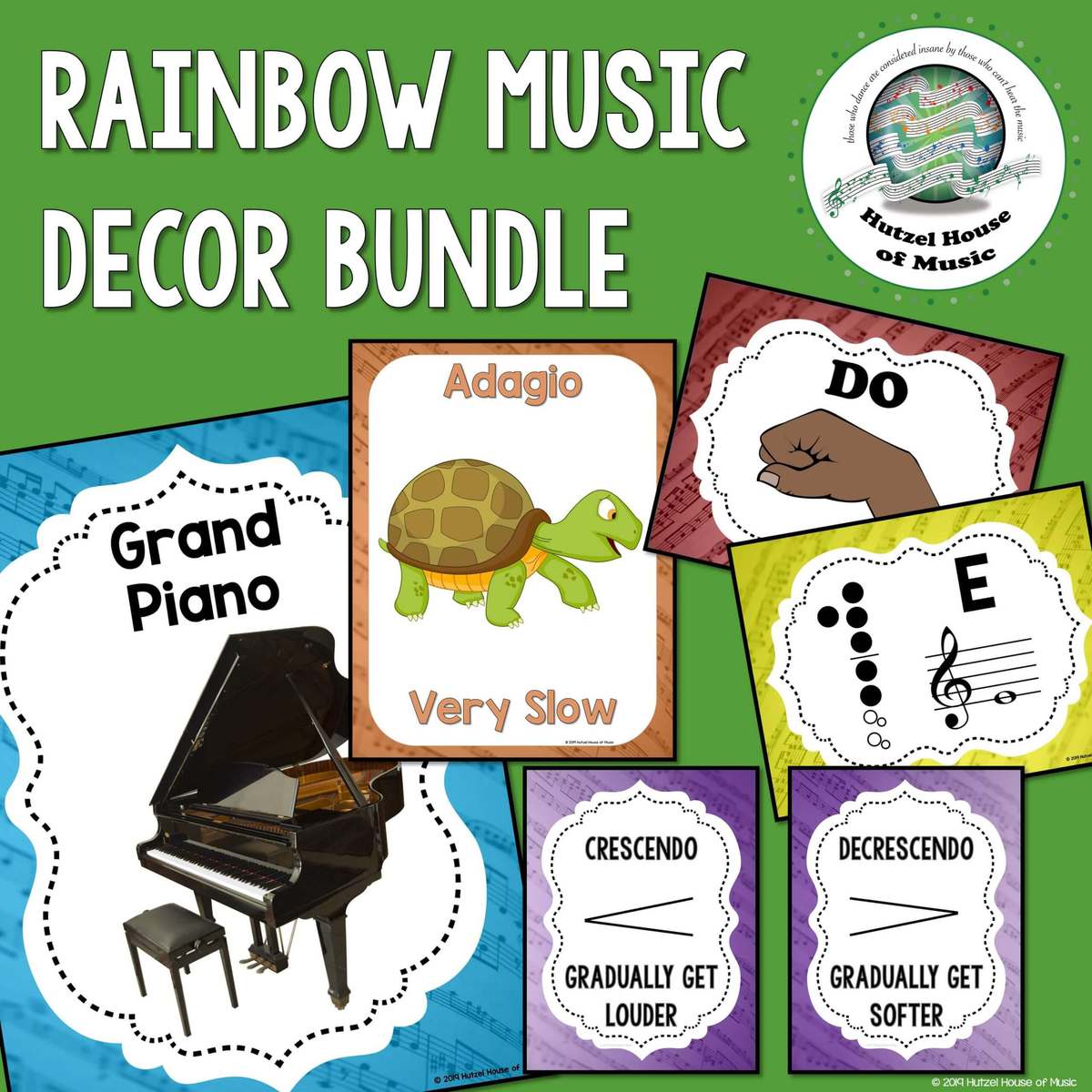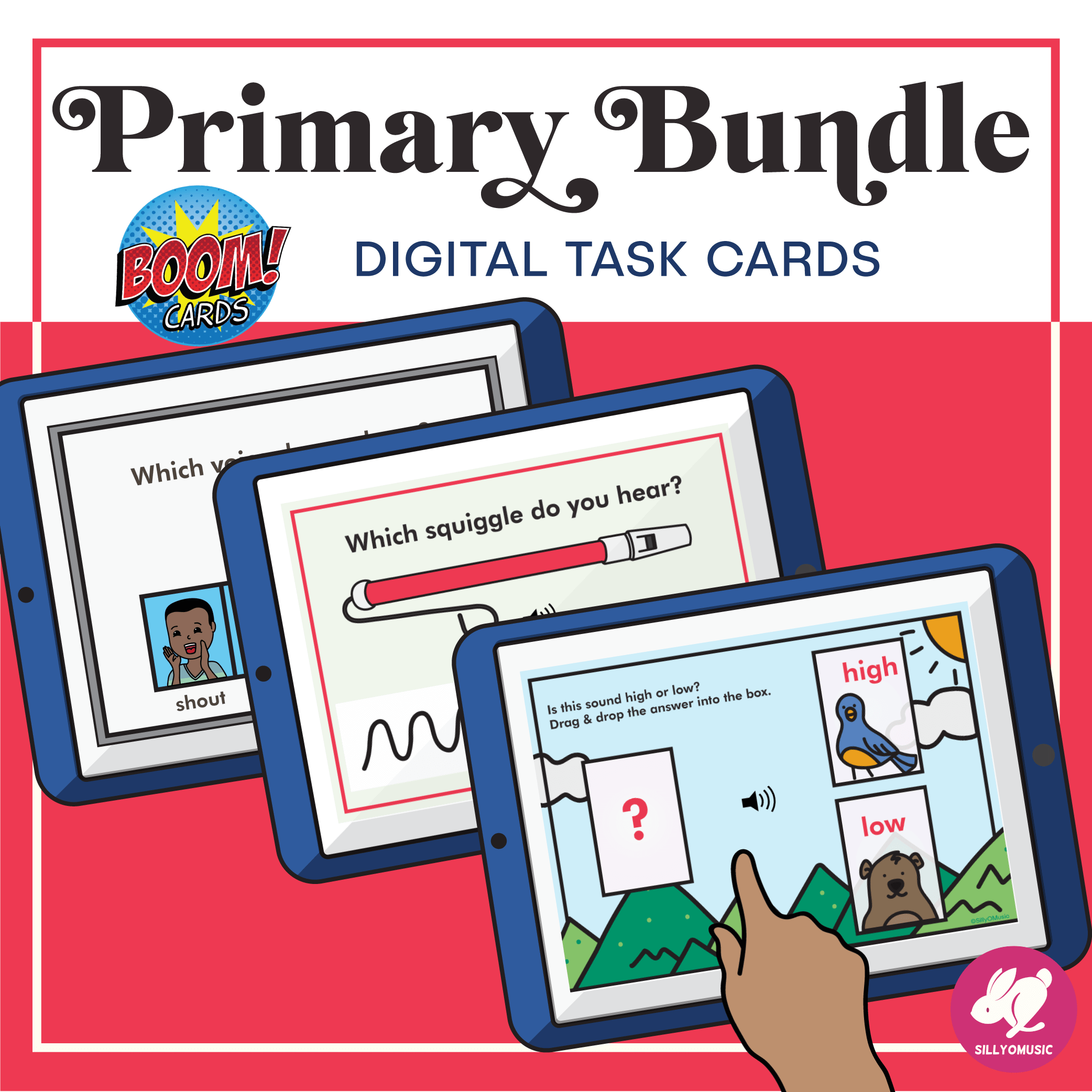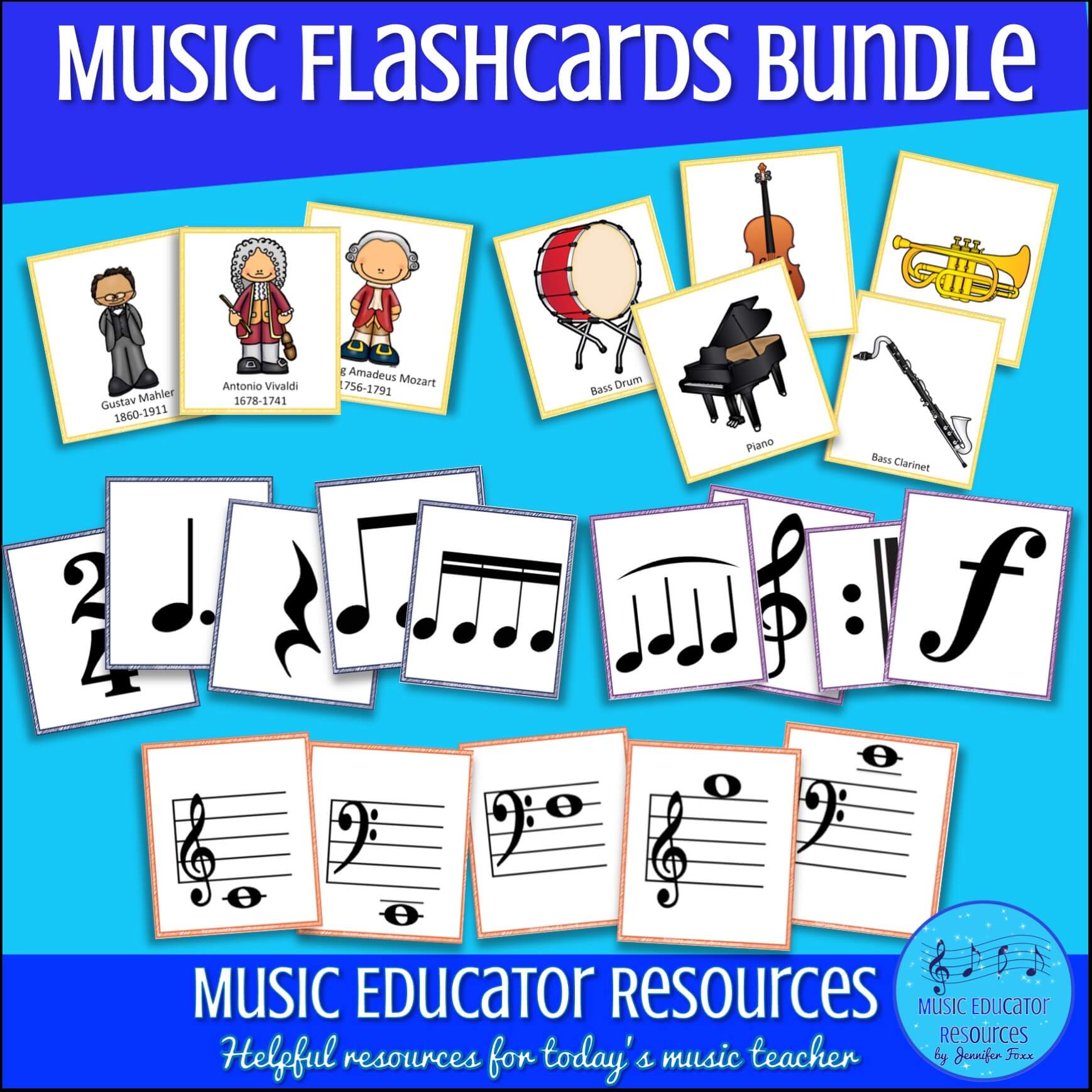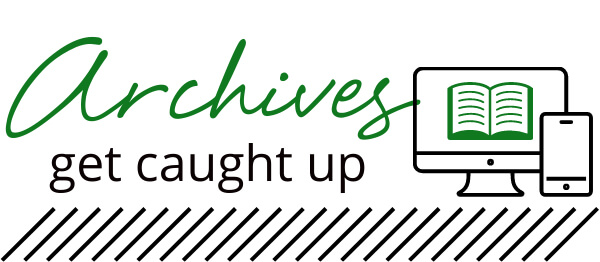
When we think of leadership in schools, we most often look towards principals, instructional coaches, or to other leadership roles outside the classroom, such as teacher mentors. When it comes to our work inside our music classrooms, we commonly refer to it as teaching and classroom management.
Concerning the difference between management and leadership, US Navy Rear Admiral Grace Murray Hopper said, “You don’t manage people. You manage things; you lead people.”
Many teachers don’t consider themselves leaders, however we are the only adult in the room, surrounded by 20 (or 40 or more) students. We are definitely leaders! Let’s explore some qualities of leadership.
Be yourself: Lead from who you are. Don’t try to be someone else.
I came up in the music world under the direction of five amazing directors from elementary through college. Four out of the five were “yellers“.
Fast forward to me becoming a director and teacher of young musicians. How did I begin my career? I begin emulating those who came before me. I became a yeller. Thankfully, it didn’t really take long to realize that this was not me. But I knew I was missing something. A series of family moves found me in a different teaching situation every time. Thankfully, each different situation enabled to me to develop my actual teaching skills without all the yelling. I grew so much as a teacher and a musician working with these various situations. As I became more confident in my teaching skills, I was able to act more like myself, rather than imitate my previous directors.
Now, why would I say my directors were amazing if they yelled all the time? Well, they didn’t yell all the time. Mostly, they yelled outside across the marching band, simply to be heard. This was a long before the days of outdoors sound systems. and the yell was directed at large groups of musicians and not individuals. They certainly had fiery personalities and put all of that emotion into making music with US.
Why was I so engaged? They laughed! They used humor. They supported inside jokes that only those of us in the group would get. They thought that immature, impulsive, goofy junior high, high school, and college kids were great. We thought that we really got to know them as people, not just as teachers.
Be gentle: Be kind and considerate of the needs of your students.
As a teacher of many, many students, it is difficult to find ways to relate to each of them. This is so important, though! I might even go so far as to say that relating to our students is the most important thing.
My directors were actually pros at this. They taught. They told us why we were doing things. They gave demonstrations to help us understand the difference between one technique and another. They inspired us to be better musicians and strive for higher goals, but I never felt pressured. A perfect mix of gentleness and purpose.
Be humble: Lead from who you are, not from some high position.
When my high school and college directors stood on the podium, we all showed them respect and put our attention to the music. When I first began teaching, somehow I thought that it would work the same for me. I would stand on the podium and everyone would stop what they were doing and we would make music. I was so wrong!
I soon learned that just because I was in the POSITION of authority didn’t mean that my students would respond in the same way that I had responded as a student. That “because I said so” style of leadership wasn’t going to work for me. My students had to know that I understood their needs and that I would be working with them to help us develop as an ensemble and sound great.
Be strong: Use courage to confront when necessary.
Being gentle does not mean being a pushover or a doormat. We have to stand up for ourselves and our students. This is one of the hardest aspects of leadership! Another thing that my directors did was to establish a culture of excellence in our ensembles. To maintain this excellence sometimes required confrontation to address a problem.
“Fred” was my high school director (but don’t tell him we called him by his first name when he wasn’t around!). He had done all the things: he taught us, established the culture of excellence, and he knew us well. An important performance was coming up and we held an evening rehearsal. We all knew better than to be late. “If you are early, you are on time. If you are on time, you are late. If you are late, you are dead!” Well, maybe that is a slight exageration, but you know what I mean! Rehearsal was going strong when one student walked in about 30 minutes late. Fred stopped him in his tracks as he was trying to hurry to his seat.
“Where have you been?”
“I had a flat tire.”
“Go get it.”
What?! Go get it?! ALL of us had our chins hit the floor. So the student walked out of the rehearsal hall and came back in a few minutes with his flat tire. At that point Fred started laughing. Fred made the appropriate apologies for the young man’s troubles and welcomed him back into the rehearsal.
Confrontation can be done thoughtfully, respectfully, and with wisdom. Consider your words carefully so they might bring the resolution that you are needing and not bring the other party to raise their defenses immediately. Address difficult situations, both with students or adults, in private and in a calm manner. If it must be done in a more public setting, use extra care to maintain your own calm. Go into a difficult situation with the goal of resolution.
Be diligent: Lead from experience, while seeking new experience for growth.
Another family move put me into a place that I never been, teaching a level that I had never taught, and in a school climate where yelling was the norm. How did I handle this? It did not take me long to fall back into those habits that have been ingrained from early in my music career. I was yelling for attention. I was yelling for classroom management purposes. Thankfully, it also did not take me that long to realize again that this was not me. These children were getting yelled at all day and music should be the one place that they could escape from that. It took lots of concerted effort to break through a culture of yelling and make sure that I was true to myself. I intentionally sought out professional development and classroom management techniques that supported empowering students to take ownership and responsibilities in the classroom.
There was a problem with the behaviors of the children and the culture in the building, but I was the one that had to grow to make a difference.
Be amazing!
Making music with children is definitely my happy place! Teaching music is definitely a hard job, with so many students, performances, curriculum, grades, bulletin boards, and more. Building my leadership skills over the years has helped me to develop into a much happier teacher, and I’m a much more effective educator of young musicians. Each year will have its challenges and successes! Wherever you are, start there and grow into leadership in your classroom.
(Here is an image that can be added any place you think it would help to break up the text. Or not. Use if you need it.)


